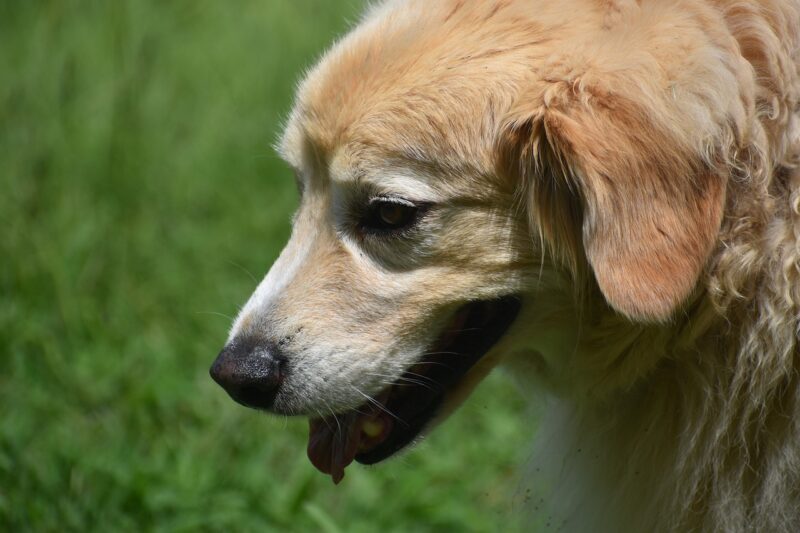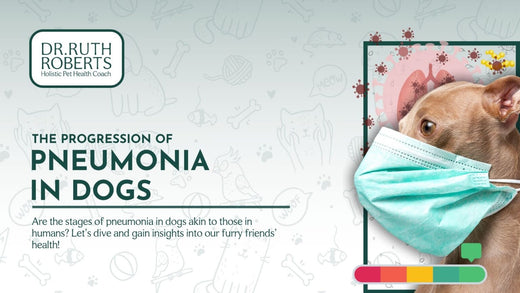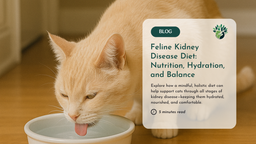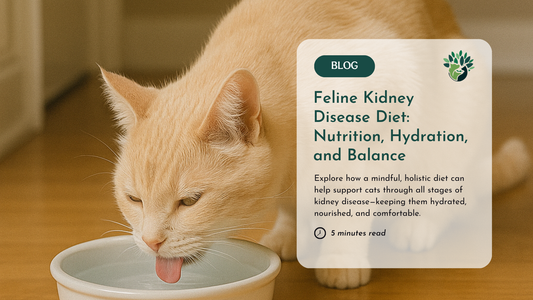Pneumonia, a serious respiratory condition affecting both humans and dogs. While the four general stages of pneumonia in humans serve as a useful framework, it's important to recognize that the progression and presentation of pneumonia can vary significantly between species. In this article, we explore the parallels and distinctions between pneumonia in humans and dogs, shedding light on the stages and symptoms that these faithful companions may experience.
Are the stages of Pneumonia Similar in Dogs and Humans?
In humans, pneumonia is often categorized into four stages:
- Congestion: The journey begins with inflammation and fluid accumulation within the lung tissues. Immune cells rush to the site, initiating the body's defense mechanism.
- Red Hepatization: The lung tissue becomes more consolidated as red blood cells and fibrin fill the alveolar spaces, leading to decreased oxygen exchange.
- Grey Hepatization: Further consolidation occurs, accompanied by an increase in inflammatory cells. The lung continues to battle the infection, as oxygenation struggles.
- Resolution: A triumph of the immune system, this stage marks the gradual restoration of lung tissue as the infection is cleared, paving the way for recovery.
However, there are important differences between canine and human pneumonia. These discrepancies arise due to variations in anatomy, physiology, and the types of pathogens that commonly cause pneumonia in each species. For instance, dogs may experience unique complications related to their respiratory system, such as elongated soft palates or specific anatomical structures that can influence the progression of pneumonia. Additionally, certain pathogens that lead to pneumonia in dogs may differ from those affecting humans, influencing the course of the disease.
The Progression of Pneumonia in Dogs
The stages of Pneumonia in dogs is characterized by various signs and symptoms:
Early Stage
During the initial phase of pneumonia in dogs, there are several observable signs that indicate the onset of the illness. These symptoms typically include:
- Lethargy: Dogs affected by pneumonia often display a significant decrease in their usual energy levels. They may appear more tired and less active than usual.
- Loss of Appetite: A common hallmark of the early stage is a noticeable decrease in appetite. Dogs may exhibit disinterest in their regular meals and treats.

- Slight Increase in Body Temperature: Dogs might experience a mild elevation in body temperature as the immune response activates to combat the infection. This fever is often an early sign of the body's attempt to fight off the invading pathogens.

- Deep Cough: One of the most distinctive indicators is the development of a deep and persistent cough. This cough might be different from the dog's usual cough and can be accompanied by a rattling sound.
- Labored Breathing: As the infection and inflammation affect the lungs' ability to function properly. Dogs may struggle with breathing, especially after exercise. This might result in rapid, shallow breaths or noticeable effort during inhalation and exhalation.
Complicatons
During the early stage of pneumonia, the risk of additional complications might occur. These include:
- Pleurisy: The inflammation of the pleura, the thin membrane surrounding the lungs, can lead to pleurisy. This condition can cause chest pain, discomfort, and exacerbate breathing difficulties.
- Secondary Infections: The weakened state of the lungs can make dogs more susceptible to infection by other microorganisms, compounding the respiratory issues and potentially leading to a more severe illness.
Later Stage
As pneumonia gets worse, the inflammation gets stronger and starts to change how the lungs are built. In the later stages, you'll notice these major changes:
- Increased Lung Density: The inflammation causes a buildup of fluid, immune cells, and debris in the lung tissue. This makes the lungs look denser on imaging tests like X-rays or CT scans. The lung tissue appears more cloudy because of these buildups.
- Impaired Oxygen Exchange: Because of the buildup of fluid and inflammatory cells, the lungs have a harder time swapping oxygen for carbon dioxide like they're supposed to. This leads to even more difficulty in breathing and a drop in oxygen levels in the blood.
Helping Your Dog Through Pneumonia
Although the stages of pneumonia in dogs and humans share some similarities in how the body responds to infection, there are distinct differences due to the unique attributes of each species. Recognizing these distinctions and addressing concerns promptly ensures that our faithful canine companions receive the care they need to overcome this respiratory challenge. If you suspect that your beloved pet is grappling with pneumonia, it's crucial to seek timely veterinary care. If a vet is unavailable in your area, you can consider an online consultation with a Certified Holistic Pet Health Coach. They can help you create personalized care plans for your pets. Additionally, providing home care support can be immensely beneficial for your dog's recovery. This may include creating a comfortable and quiet environment, ensuring they have access to fresh water, and offering easily digestible, nutritious meals. For further guidance on how to support your dog through pneumonia at home, please read our detailed article on this topic.
FAQ on Stages of Pneumonia In Dogs
Are the stages of pneumonia similar in dogs and humans?
In humans, pneumonia is categorized into four stages, but there are important differences in dogs due to anatomical and physiological variations.
What are the signs of early-stage pneumonia in dogs?
Early-stage pneumonia in dogs may include lethargy, loss of appetite, deep coughing, labored breathing, and a slight increase in body temperature.
How can I ensure my dog's comfortable recovery from pneumonia at home?
Provide a quiet and comfortable environment, ensure access to fresh water, offer easily digestible, nutritious meals, and monitor their breathing and behavior regularly.
What happens if Pneumonia is left untreated in dogs?
If pneumonia is left untreated in dogs, it can lead to severe respiratory distress, worsening of symptoms, and potential complications. The infection can spread, causing lung damage and affecting overall health. Timely veterinary care is crucial to prevent serious consequences and support your dog's recovery.
















